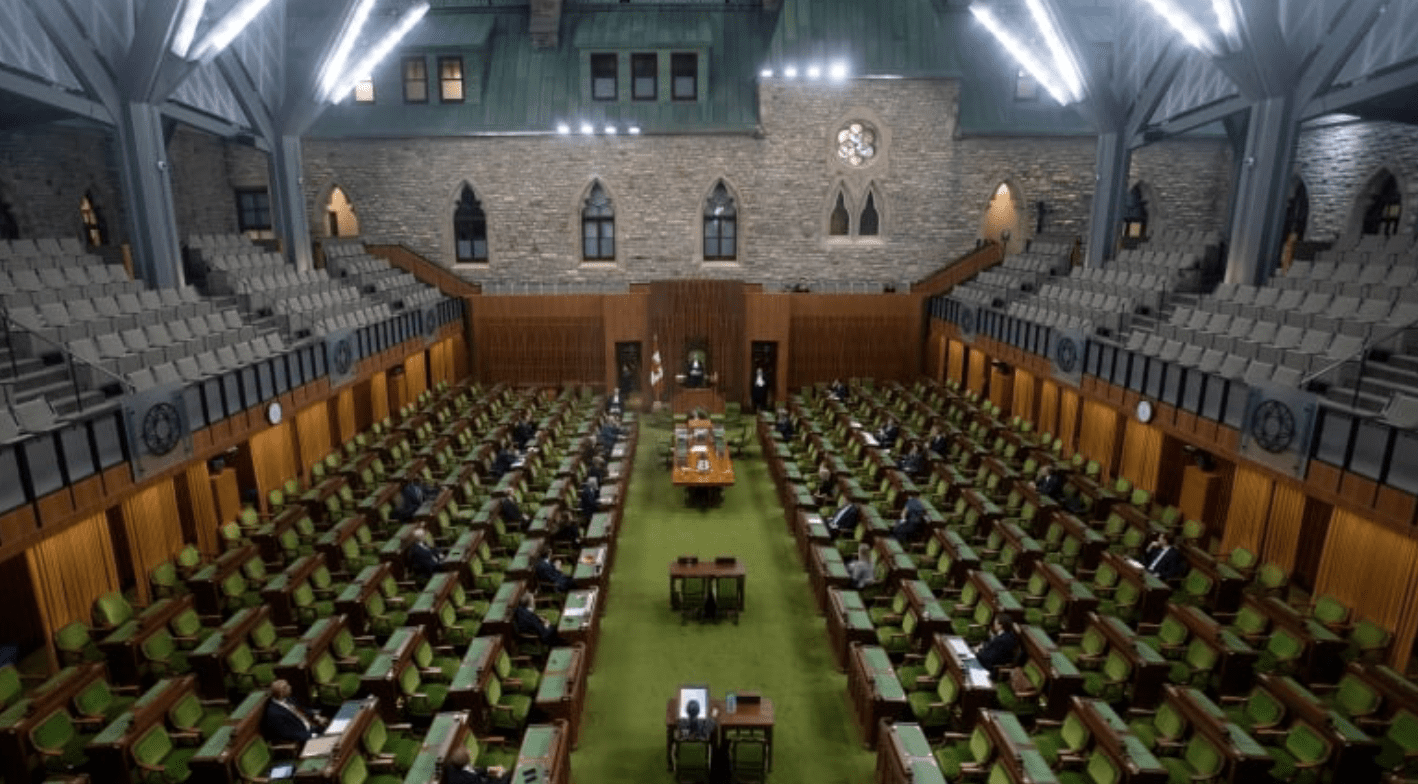The main job of pundits these days, it seems, is to speculate on what the world's ideological make up will be like once the COVID-19 crisis has finally passed. (If it ever does!)
And from what I've read and heard so far, the conventional punditry wisdom is that the world is going to be a lot more socialistic: there'll be massive splurges in government spending, the scope and power of bureaucracy will expand, higher taxes on the "rich" will be imposed, nationalization of certain companies might occur, etc.
It's a take that's hard to argue with; indeed, given how things are going right now, I can definitely see how such a Marxian future could come to pass.
Yet, conservatives should not totally despair, since it's possible the aura of fear and anger, that will undoubtedly dominate the planet in the months and years ahead, could also help conservatives achieve some of their long-standing goals as well.
What do I mean by that?
Well, conservatives can take advantage of what I suspect will be the general public mood for a long time, i.e. the populace will demand a type of socialism that caters to the needs of regular people rather than to the needs of the country's elites.
In other words, conservatives will be able to score political points whenever they expose and oppose government programs that seem misallocated or more specifically, that seem to help the ruling classes rather than the struggling classes.
Of course, such an approach would be conservatism with strong dash of populism, but it would work.
For instance, I could see conservatives mounting a massive campaign to de-fund or to privatize their main media arch-enemy, the Canadian Broadcasting Corporation.
Heck, such a campaign would write itself.
Conservatives could say something like, "At a time when Canadians are begging the government for more social assistance payments to help them makes ends meet, why are the Trudeau Liberals continuing to pump a billion dollars a year into the CBC? It's a network nobody watches but the smug downtown elites, so why not divert that money to average Canadians."
Nor is the CBC the only target for conservatives.
They could also go after arts funding.
After all, even in the best of times, the public is not crazy about their taxes going to subsidize oddball art projects, so when times are bad, their opposition would grow exponentially.
For example, here's a real life example of government art funding: Back in 2003 the Ottawa art gallery spent a whopping $72,000 in government money subsidizing something called, Scatalogue: 30 years of crap in contemporary art.
Believe it or not, this particular program featured such exhibits as "freeze-dried, vacuum-packed 'completely biologically correct' excrement."
Yup, your tax dollars were literally spent on crap.
Now imagine such a project being subsidized when government is scrambling to make EI payments?
Anyway, my point is, it'd be an easy sell for conservatives to argue that tax dollars should be going to Canada's poor and not to pretentiously wacky artists.
What's more, conservatives will also have an opportunity in the post-COVID-19 world, to ferociously go after parliamentary perks and privileges.
I could certainly envision groups like the Canadian Taxpayers Federation mounting an aggressive campaign to end the "gold-plated" pension plan currently enjoyed by Members of Parliament, while also calling upon MPs to cut their salaries.
The group's argument would be simple and persuasive: why during these dire times, when we're all making sacrifices, should our elected officials continue to isolate themselves from economic reality?; they should feel some pain too."
OK, do you see where I'm going here? And I'm only scratching the surface; believe me, there's lots of other angles conservatives will be able to take to whip up a frenzy of taxpayer anger and resentment.
So cheer up conservatives, you can still thrive even in a socialist world.
Photo Credit: CBC News






